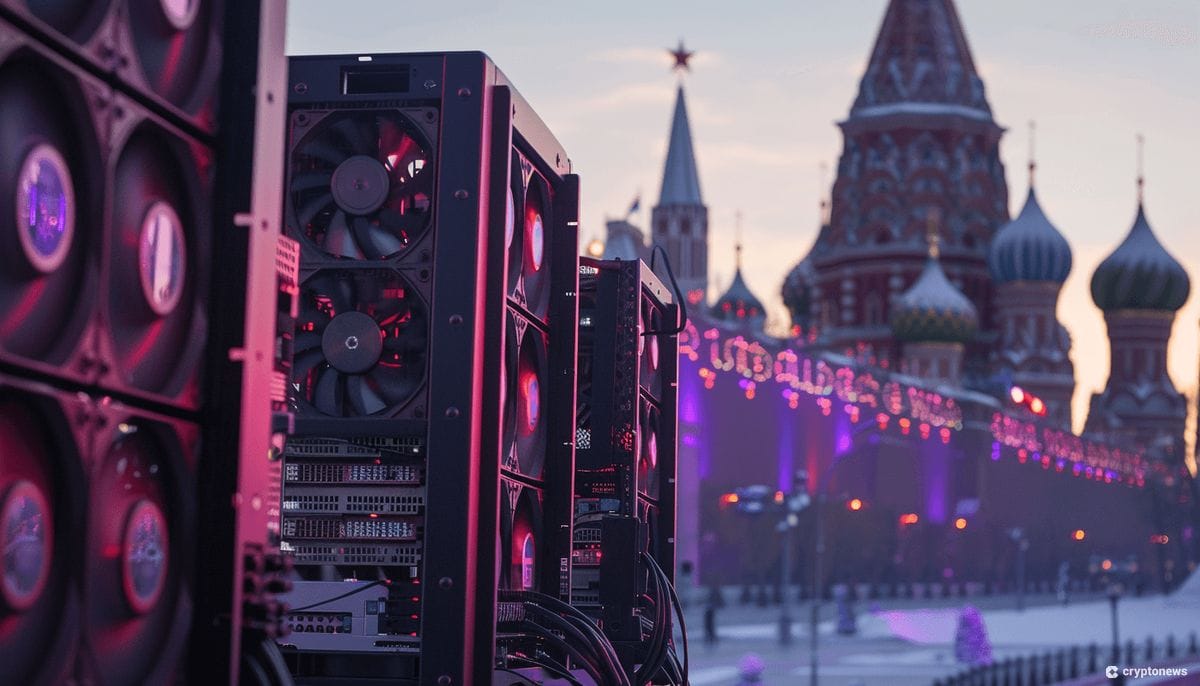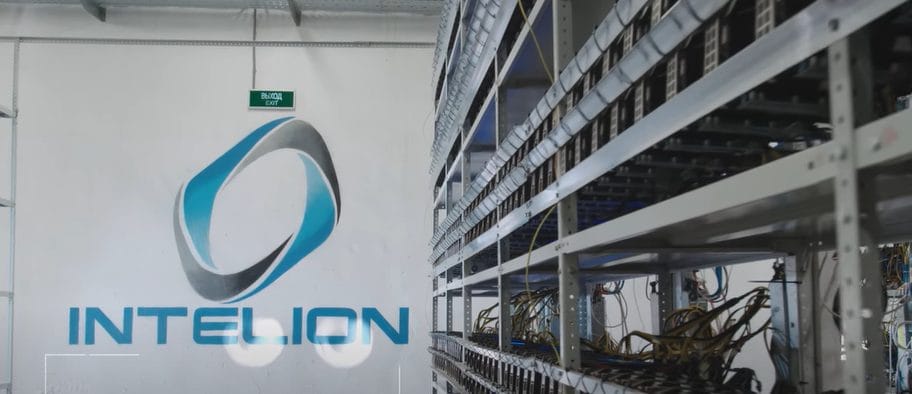Russia’s Crypto Mining Capacity ‘Could Grow by 6.9 GW,’ Says Energy Chief

Russia’s crypto mining capacity could grow by a further 6.9 gigawatts (GW), the nation’s grid operator has claimed.
Per the news agency TASS, the comments came from Andrey Katayev, the Director of Energy Markets and External Relations at the Russian Power System Operator.
Russia’s Crypto Mining Capacity: Set For More Growth?
Katayev said that Russia’s cumulative crypto mining capacity currently stands at 2.7 GW. But the official added that domestic miners want to expand the size of their network “by 2.5 times.” The executive explained:
“[Russian mining-firm run] data processing centers use 2.7 GW of power. Another 6.9 GW is preparing to come online.”
Of that number, Katayev added, data centers with 2.5 GW of power “already have the technical conditions in place” for grid “connection.”
The official was speaking at a meeting of the Russian Union of Industrialists and Entrepreneurs’ Electric Power Commission.
While miners will welcome the news, the idea of this kind of capacity coming online may unsettle many in Moscow.
The Kremlin said that Russia is considering a possible downgrading of diplomatic relations with the West due to the deeper involvement of the United States and its allies in the Ukraine war, though no decision has yet been made https://t.co/rrXf8sjwxe
— Reuters (@Reuters) June 27, 2024
Kataev noted that the latest electric power systems plan, approved by the Ministry of Energy for 2024-2029, assumes overall capacity will grow “by an average of 2% – that is 3.4 GW per year.”
With industrial growth rising in Russia, this would appear to pose problems for the grid. Industrial production increased by 3.5% last year in Russia.
These figures are forecasted to climb further this year. Kataev said of the crypto mining growth estimates:
“These are definitely, to put it mildly, significant volumes for the energy network.”
Russia will allow the nation’s refineries to continue exporting gasoline for another month as the domestic market remains well supplied https://t.co/Z3gNuTNAdN
— Bloomberg Markets (@markets) June 29, 2024
Miners Are Prepared to Relocate to Other Parts of Russia, Official Claims
The official noted that certain parts of Russia, such as the southeastern part of Siberia, are “still experiencing energy deficits.”
This fact, he said, currently “does not allow new large-scale consumers to connect to the network.”
But, he also noted that “in general,” miners are “quite mobile” and “could move from regions” with energy surpluses “if necessary.”

Indeed, many bigger Russian miners have shown a willingness to do just that.
Instead of flocking to traditional crypto mining hotspots like Siberia’s Irkutsk, bigger players are choosing to build their new data centers in regions like the Samara Oblast and the southern republic of Buryatia.








